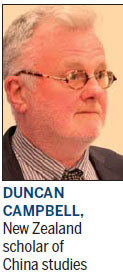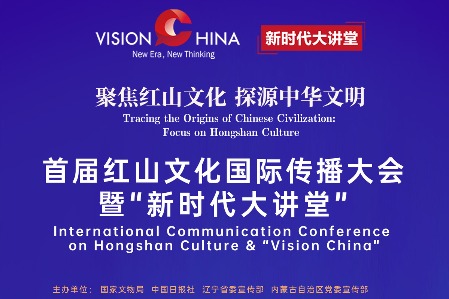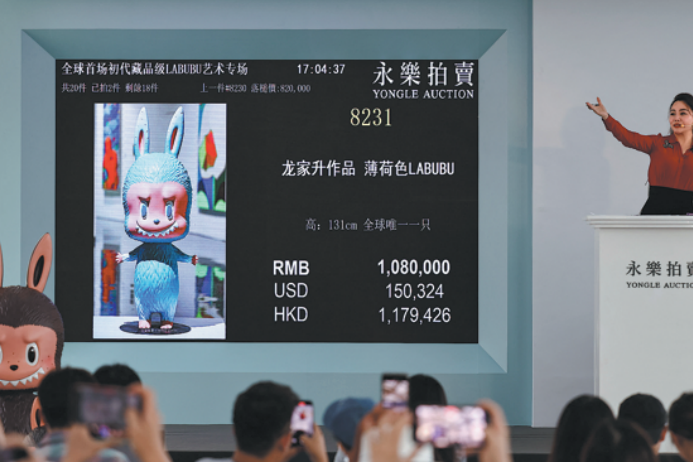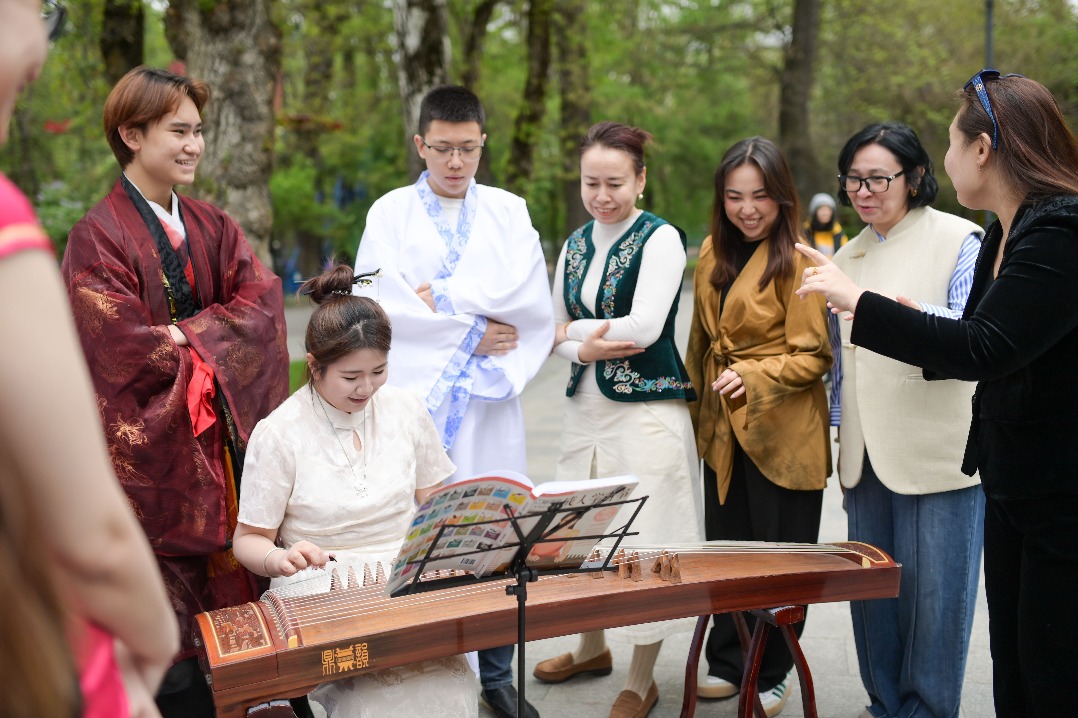Translator recalls meeting literary giant

Author Qian Zhongshu, who died in 1998, may be best known for his satirical novel Fortress Besieged.
His scholastic works, however, are sometimes difficult to follow because of their many classical references.
That's where Duncan Campbell comes in.
For the past 30 years, Campbell, a 61-year-old China scholar from New Zealand, has tried to bring Qian to the world by translating his writings.
In August, Campbell received the China Book Award for Special Contributions, a national honor for foreign writers, translators and publishers who have significantly popularized Chinese books and helped promote cultural exchanges between China and the world.
His translation of a collection of Qian's literary criticisms, Patchworks: Seven Essays on Art and Literature, was published in 2014.
"All translation is difficult," Campbell writes in his introduction of the book. "More foolhardy an enterprise it is to attempt to translate the work of a man as erudite and broadly read as Qian Zhongshu."
Campbell started the translation project while he was earning his PhD in Chinese studies in the 1980s with mentor John Minford at Auckland University.

Minford has translated many Chinese classics, including Dream of the Red Chamber, The Art of War and I Ching.
"Once I said to him that I read an interesting article, Chinese Poetry and Chinese Painting by Qian Zhongshu, and he said, 'Why don't you translate it?'", says Campbell during a recent interview in Beijing.
In 1987, Campbell brought some of his early drafts during his visit to Beijing to meet Qian.
Campbell recalls the "unforgettable early December afternoon" when Qian regaled him with tales of the specific literary contexts of a number of his essays.
"He liked my translation," Campbell says. "When I went there, I started to speak in Chinese at first, but then I realized he speaks English beautifully. He was always laughing. He was a man of such learning, but he was just like a kid, very lively."
Campbell laid aside the translation project because he didn't think about publishing his work back then. It wasn't until 2014 that Qian's widow, Yang Jiang - also a well-known Chinese author and translator - gave the go-ahead for Campbell's translation to be published.
Other than Qian's essays, Campbell has translated works by Zhang Dai, an essayist of the Ming Dynasty. The new book includes Zhang's travelogue about West Lake in Hangzhou, Zhejiang province, and other essays about the pastimes of traditional Chinese scholars - calligraphy, Chinese chess, painting and playing musical instruments.
Campbell was among the first batch of foreign exchange students to enter China immediately after the "cultural revolution" (1966-76). He considered himself a Marxist at the time.
He first studied at Beijing Language and Culture University and then transferred to Nanjing University in Jiangsu province, where he studied classical Chinese and found himself fascinated by Chinese traditional libraries and gardens.
Later, he spent years at Peking University doing research under the guidance of Chinese novelist Wu Zuxiang.
He now teaches courses in Chinese studies at Victoria University of Wellington, in New Zealand.
xingyi@chinadaily.com.cn
(China Daily Africa Weekly 11/18/2016 page20)
Today's Top News
- China criticizes US tariff narrative as 'one-sided, misleading'
- Lai throttling democracy, freedom in Taiwan
- Pilot programs to see speedy rollouts
- President urges learning from Chen Yun's legacy
- Central Asia ties to get new boost
- Washington's bill fuels fresh clash with Europe






























